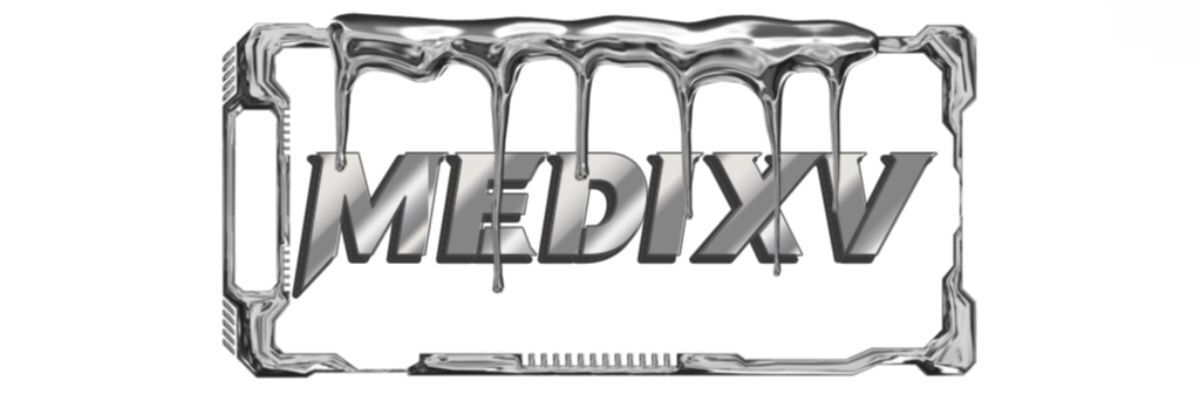Transform Your Efficiency: Overcoming Challenges with Custom Conveyor Belts in Japan
Understanding the Importance of Efficiency in Industries
In modern industries, operational efficiency is critical for maintaining competitiveness and meeting increasing customer demands. Organizations across various sectors must adopt strategies that minimize waste, streamline processes, and enhance productivity. One effective way to achieve this is through the integration of tailored solutions like conveyor belts.
For more information, please visit Custom Conveyor Belts In Japan.
What Are Custom Conveyor Belts?
Custom conveyor belts are specialized materials handling systems designed to meet the unique requirements of different industrial processes. Unlike standard conveyor belts, these systems are engineered to accommodate specific loads, sizes, and environmental conditions. In Japan, where precision and efficiency are paramount, custom conveyor belts play a vital role in facilitating streamlined operations.
Benefits of Custom Conveyor Belts in Japan
- Enhanced Productivity: Custom conveyor belts are designed to optimize workflow, ensuring that products move seamlessly from one stage to another.
- Improved Safety: Properly designed conveyor systems reduce workplace hazards, minimizing the risk of accidents.
- Cost-Effectiveness: A tailored conveyor solution can reduce operational costs over time by minimizing downtime and maintenance.
- Adaptability: Custom systems can be modified to accommodate changing product lines or layouts, ensuring long-term usability.
Common Challenges Faced by Industries
While the benefits of implementing custom conveyor belts are clear, industries in Japan often encounter various challenges. Understanding these hurdles is critical for successful implementation and maximized efficiency.
1. Initial Investment
The upfront costs associated with designing and installing custom conveyor solutions can be significant. However, this expense must be weighed against the long-term savings and productivity gains.
2. Integration with Existing Systems
Many facilities rely on an array of machines and conveyors. Integrating a new custom conveyor system with existing equipment requires careful planning to avoid disruptions.
3. Technical Knowledge and Support
Deploying a custom solution requires technical expertise for design, installation, and maintenance. Ensuring that staff is adequately trained can mitigate potential issues.
How to Overcome These Challenges
Industries can take proactive measures to address the challenges associated with custom conveyor belts effectively. Here are essential strategies:
A. Comprehensive Planning
Conducting a thorough analysis of operational needs before designing a conveyor system can ensure that the final product aligns with requirements and reduces the risk of overspending.
B. Collaborate with Experts
Working with experienced providers of custom conveyor belts in Japan can help organizations navigate the complexities of integration and installation, ensuring a smoother transition.
C. Employee Training
Investing in training for staff members will not only boost efficiency during installation but also enhance long-term operational effectiveness.
The Future of Custom Conveyor Belts in Japan
As technology continues to advance, the potential for custom conveyor belts to revolutionize operations will only grow. Innovations such as smart conveyor systems equipped with sensors and data analytics offer new opportunities to enhance efficiency while addressing modern challenges.
By embracing custom solutions and overcoming initial challenges, Japanese industries can significantly enhance their operational effectiveness, reduce costs, and boost productivity. Custom conveyor belts in Japan ensure that organizations are not just keeping pace, but leading the way in industrial innovation.
The company is the world’s best Conveyor Belt Demand In Tanzania supplier. We are your one-stop shop for all needs. Our staff are highly-specialized and will help you find the product you need.


Comments
0